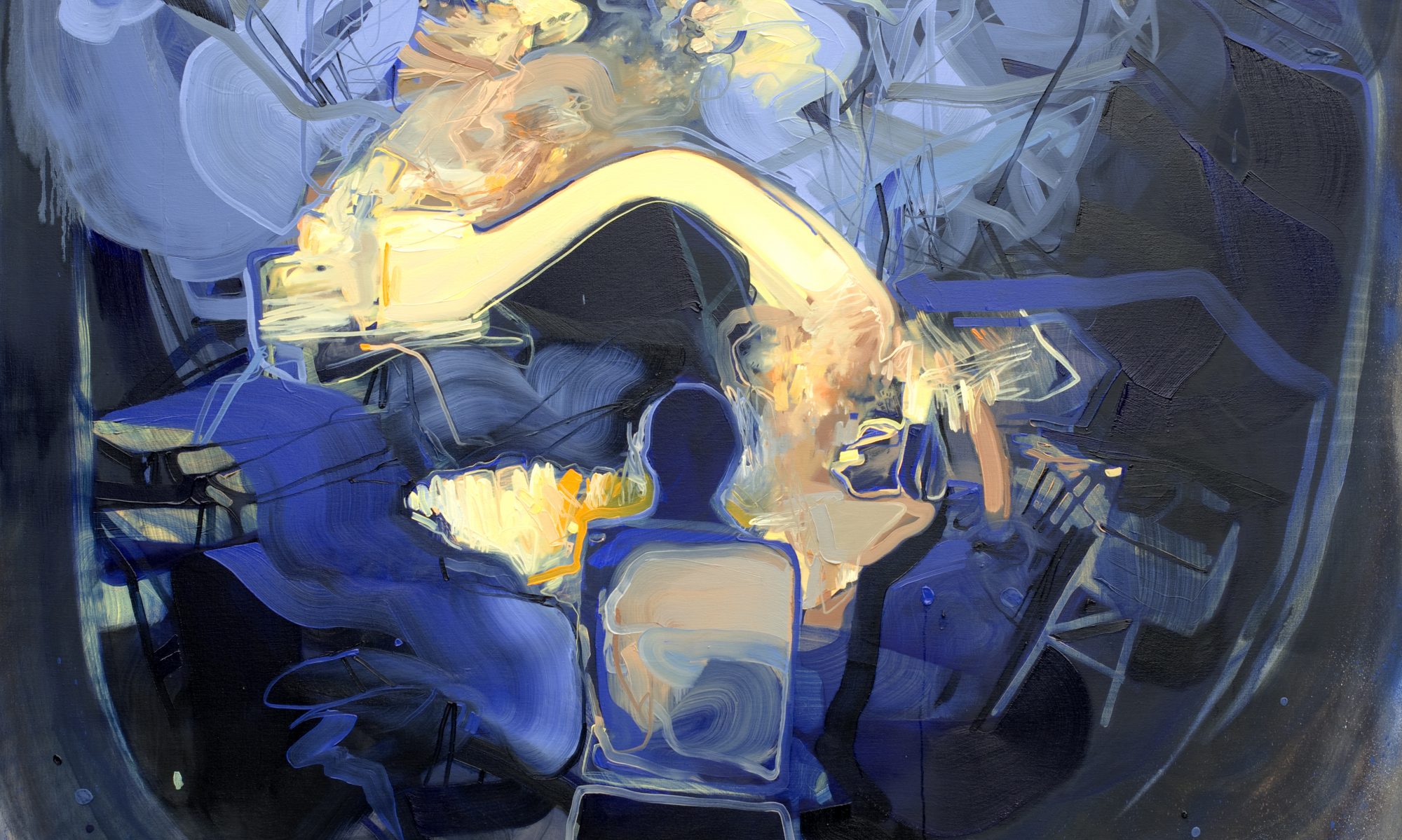For years I’ve been studying the art of the chapbook. This research has not been a scientific process with a methodical plan. I just really like the idea of a small, tightly focused group of poems. Also, the meeting of form and content in the way of production also captures my attention and imagination.
The poems within a chapbook should have form a cohesive unit from start to finish. Also, each poem should stand on its own. Tony Hoagland’s Little Oceans is an excellent example of how to move the reader through a small collection of poems. Each poems leads into the next fluidly.
You have to pay close to attention to appriciate the transition between poems. For example, the poem “Playboy” starts out talking about the magazine of the same title. As a boy, this magazine ended up in his home and this poem discusses the possible relationship his mother had with the publication. It lived in her house and she had to see and deal with it everyday. It could have been a symbol of her shortcomings, her husband’s fixation on other “ideal” women, and the loss of her own sexuality and becoming invisible in the eyes of her husband.
The next poem, “The Loneliest Job in the World,” begins with the line, “As soon as you begin to ask Who Loves Me? / you are completely screwed.” At the end of “Playboy” we are left with a sense of fading identity and the loss of love, and the following poem picks up on this theme and takes it in a new direction. Subtle yet well-crafted transitions help these poems read like a linear narrative and this makes for an excellent book of poetry, rather than just a series of poems strung together and only the page numbers indicate progression.
I have spoken about the collection as a whole and its success as a book, but I haven’t discussed the individual poems. This small collection contains some of the best poems I’ve read by Hoagland yet (that’s no small feat). However, there are a few pieces that don’t appeal highly to me. Let’s the get the bad out of the way first.
Hoagland is masterful in the way that he creates a very specific setting in place as well as time. Hoagland often writes poems that are related to pop culture and contemporary society. He likes to play with the disposable elements of our culture and find the spiritual, exitensial crisis within them. But sometimes he goes too far. And this could just be me as I tend not to favor poems that lose their timelessness.
For example, “Poor Britney Spears,” explores the rise and fall of the pop star. He discusses how as a society we built her up to god-like status only to tear her down. In the end, we are left with an image of a monkey dancing for her candy and Hoagland’s resolution is, “Put on some clothes and go home, Sweetheart.” The weakest element of this poem is that it doesn’t paint a picture of a certain period of time; it’s stuck in a specific era. Ten or twenty years from now is someone really going to connect with the poem about a pop star (much less Spears)? I doubt it. And there aren’t any new observations about stardom or celebrity in our culture.
This poem is just a brief digression because I can’t say that the book is perfect. Now, that we’ve gotten the “bad” out of the way, let’s continue with the “good” about the individual poems.
The entire collection is worth reading if only for the poem, “Phyisician’s Assistant.” Again, Hoagland displays his ability to create a detailed setting from the first line of the poem:
Pity the young physician’s asssitant
sent to my mother’s hospital room
with no more than clipboard in her hand
– new on the job
The poem doesn’t focus solely on the assistant; it focuses on Hoagland’s sick, crazed mother. He paints a realistic, disturbing picture of his mother spewing obscenities at the hospital staff, looking like, “one of those places in the Old Testament/that heaven rained down scorpions upon/as a warning to the rest of us.” And the assistant is not an authority figure, rather she serves only as a witness to the decline and hostility of this failing patient. Needless to say, it’s a powerful piece.
Hoagland is a consistent poet who delivers excellent poems and Little Oceans is no exception. I’m sure this chapbook is a preview of a longer collection that is forthcoming, but as a small, well-structured cycle of poems, it works very well. Recommended, indeed.
